
Alopecia areata is a perplexing and often emotionally challenging autoimmune disorder that leads to hair loss in varying degrees. Understanding this condition, its causes, and management strategies like alopecia areata treatment in Islamabad is crucial to providing support and hope for those grappling with it.
In this comprehensive blog, we will explore the world of alopecia areata, exploring its intricacies and discussing various methods to manage and cope with its effects.
Alopecia Areata Explained:
It is a non-scarring autoimmune disorder in which the immune system mistakenly targets hair follicles, leading to hair loss. This condition can affect individuals of any age, gender, or ethnic background.
It usually presents small, round, or oval patches of hair loss on the scalp, but it can also affect hair on other body parts. The exact cause of alopecia areata is still not fully understood, although it is believed to result from a combination of genetic, environmental, and immune system factors.
Alopecia areata is not a one-size-fits-all condition. It manifests in different forms, each with its characteristics:
- Alopecia Areata
- Alopecia Totalis
- Alopecia Universalis
- Ophiasis
Understanding the Emotional Impact:
Hair plays a significant role in our self-image and confidence. The sudden and unpredictable hair loss caused by alopecia areata can have a profound emotional impact on individuals. Feelings of embarrassment, self-consciousness, and anxiety are common. It is essential to recognize and address the emotional toll alopecia can take on those affected and provide them with the necessary support.
Treatment and Management Strategies:
At Royal Cosmetic Surgery, It is a complex condition, and there is no one-size-fits-all treatment. However, several management strategies can help individuals cope and promote hair regrowth.
- Topical Corticosteroids: These anti-inflammatory medications can be applied to the affected areas to reduce inflammation and stimulate hair regrowth. They are often the first-line treatment for alopecia areata.
- Platelet-Rich Plasma (PRP) Therapy: PRP therapy involves using a person’s platelets to stimulate hair follicles and promote regrowth. This treatment has gained popularity for its effectiveness and safety.
- Wigs and Hairpieces: Many people with alopecia areata use them to restore their appearance and confidence. These can be custom-designed to match the individual’s desired look.
Lifestyle and Coping Strategies:
Living with alopecia areata often requires adjustments in daily life and coping with the challenges it presents. Here are some valuable lifestyle and coping trategies:
- Diet and Nutrition: A balanced diet rich in essential nutrients, such as vitamins, minerals, and proteins, can help support overall health and potentially aid hair regrowth.
- Stress Management: Stress is known to exacerbate autoimmune conditions. Practising stress-reduction techniques like meditation, yoga, and mindfulness can be beneficial.
- Cosmetic Options: Makeup, microblading for eyebrows, and eyelash extensions can help enhance facial features without natural hair.
- Sun Protection: Without natural hair protection, the scalp is vulnerable to sunburn. Wearing hats or applying sunscreen to the scalp is essential, especially for those with extensive hair loss.
- Physical Activity: Regular exercise can improve overall well-being and help manage stress. Choosing physical activities that make you feel comfortable and confident is essential.
- Embracing Individuality: Alopecia can be a journey of self-discovery and self-acceptance. Many individuals find empowerment in embracing their unique appearance.
The Bottom Line!
Alopecia areata is a challenging condition that affects individuals in different ways, both physically and emotionally. However, with the proper support, treatment, and coping strategies, it is possible to manage the effects of alopecia and lead a fulfilling life. The key to success lies in understanding the condition, seeking professional guidance, and embracing one’s uniqueness.
As research advances, the future holds promise for more effective treatments and potential cures. In the meantime, supporting and uplifting those dealing with alopecia areata is crucial, helping them navigate their journey with confidence and resilience.


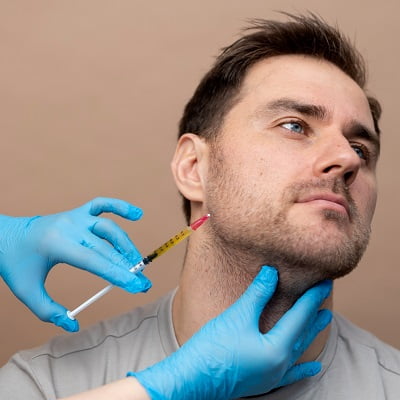

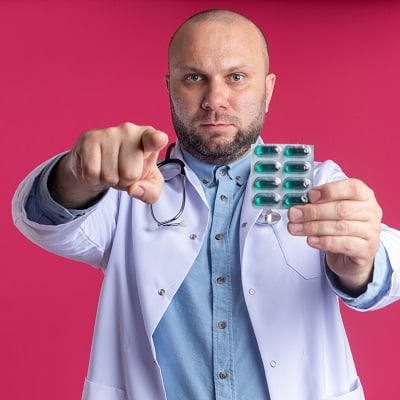

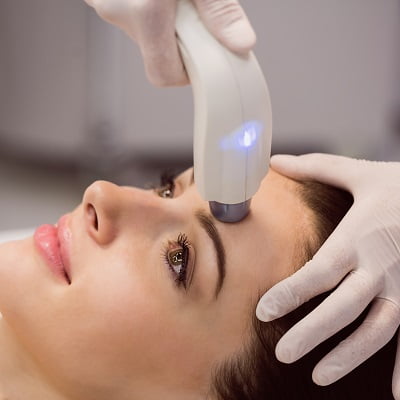
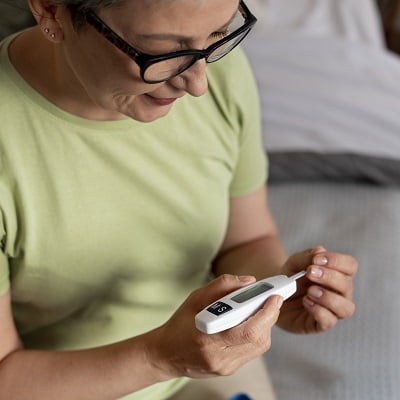
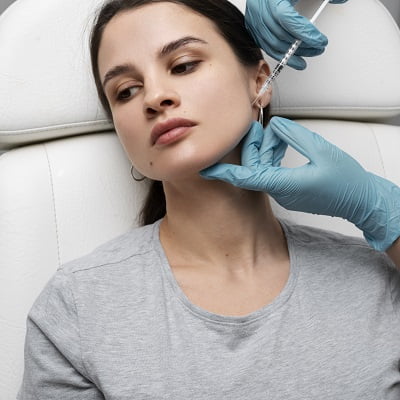
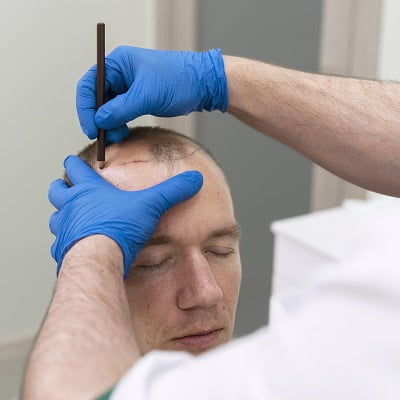
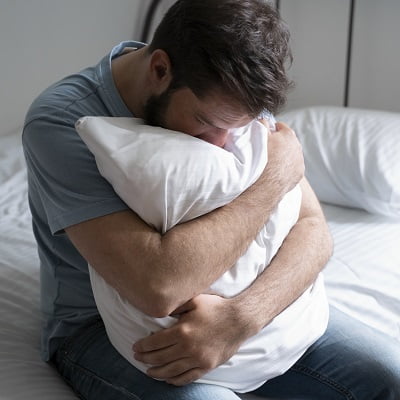
Book Appointment